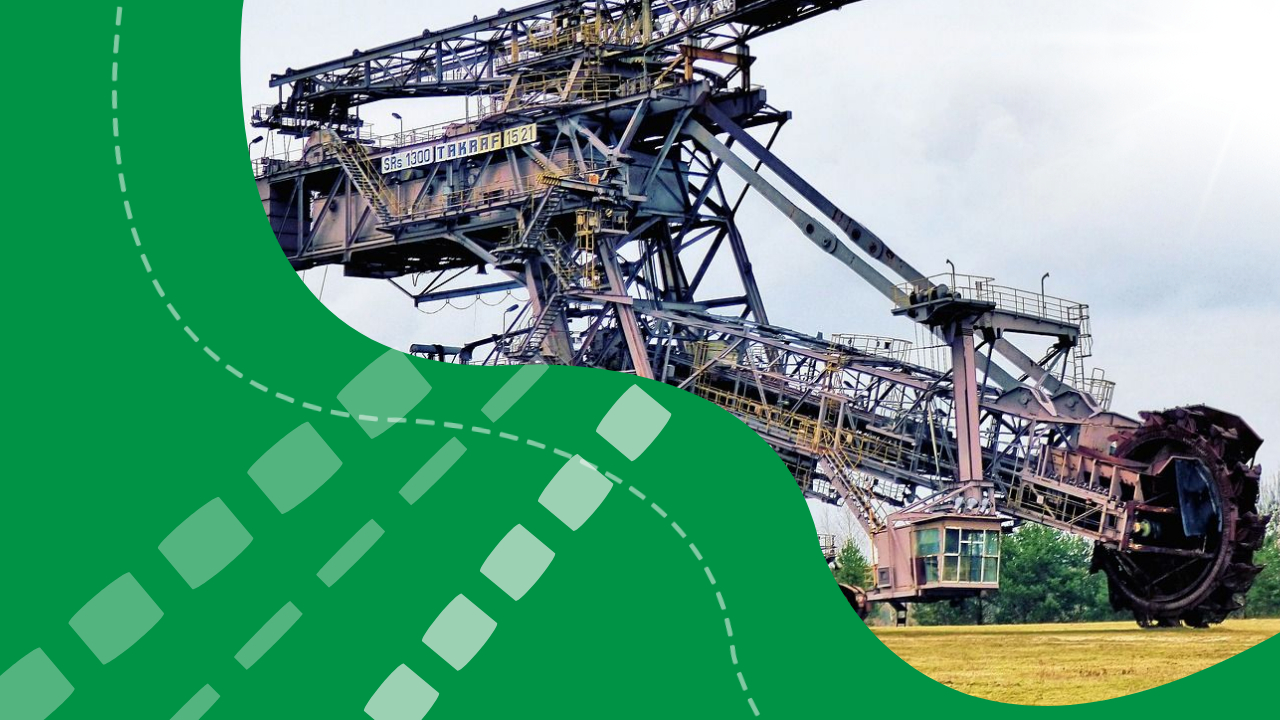Climate change is pushing the world to transition its energy systems at an unprecedented pace. This shift is contingent on a steady supply of minerals and metals critical for the production of low-carbon technologies. Mongolia’s rich endowment of copper, uranium, fluorspar, rare earth elements, and other critical minerals position it well in the global geopolitics of energy transition.
Minerals constitute more than 90% of Mongolia’s exports and contribute more than a quarter of government revenue. There is potential for Mongolia to shore up its long-term socio-economic development by harnessing its natural resources wealth. However, in the absence of due diligence and appropriate safeguards, this opportunity may turn into a risky undertaking for the country.

